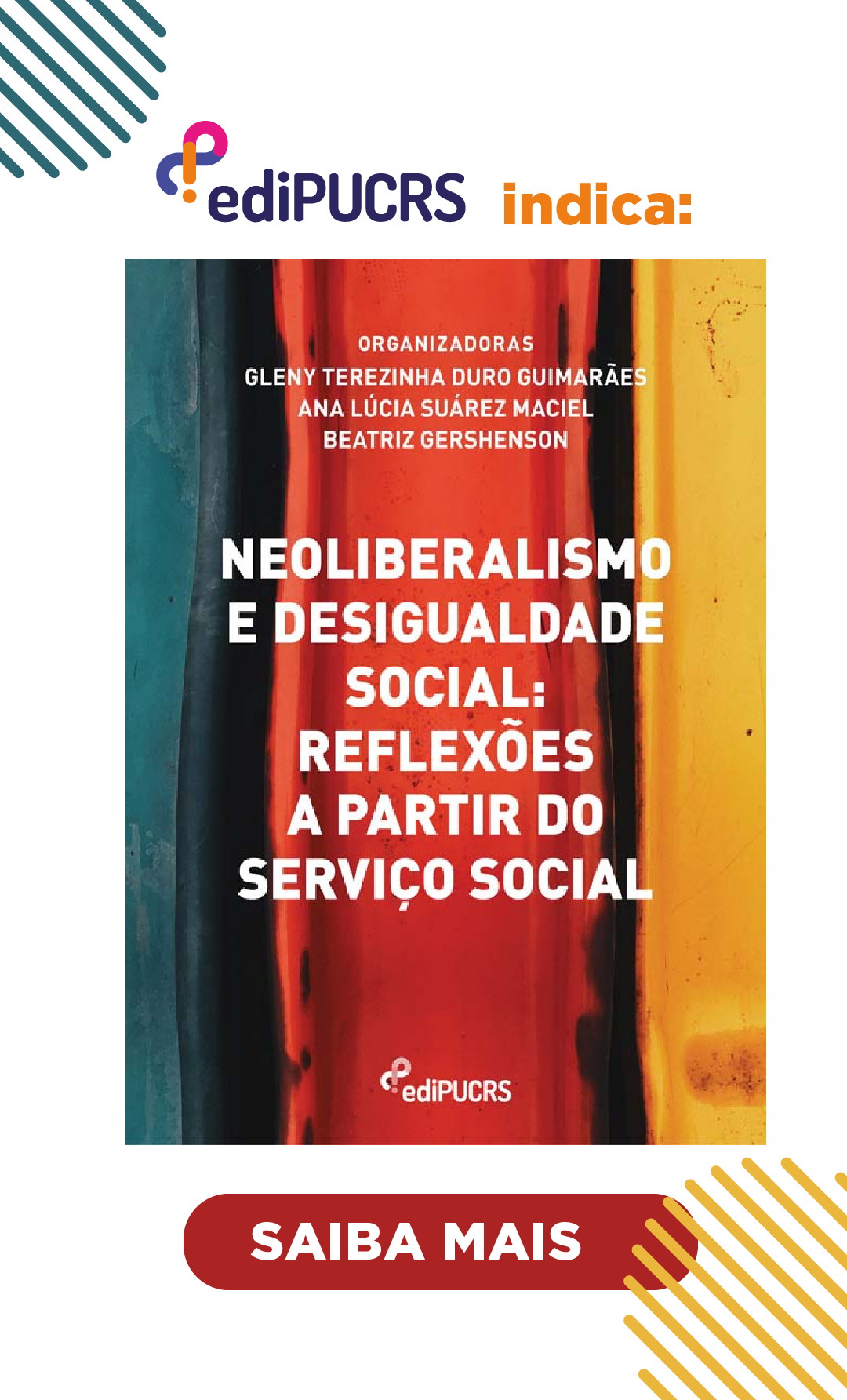From Linear Writing to Digital Writing: Professional Crossings
Abstract
New technologies launch a digital era that materializes itself in the complexity of the current work processes which challenge teachers in order to renew their own professional practices. If in one hand the technological advance describes significant changes in the human behavior, in the other hand the terms new technologies and superior education constitute a recent set of experiences as a teaching-learning process, challenging us to rethink our educational practice in this beginning of century. Therefore, this study considers Pierre Lévy’s theoretical concepts as a possibility to present some introductory theoreticalmethodological considerations to our respective doctorate thesis. This paperwork aims to reflect upon the digital writing phenomena and the professional reflections this comunication possibility provides to teachers from diferent educational areas. In this co-authorship exercise we also seek to establish considerations regarding the emergency of a collective intelligence and its elementary condition of sharing knowledges so that, in this movement, we can understand the human development associated to the evolution of comunication techniques.Key words: Digital writing. Professional practice. Collective intelligence.
Downloads
Downloads
Published
How to Cite
Issue
Section
License
Copyright
The submission of originals to Textos & Contextos (Porto Alegre) implies the transfer by the authors of the right for publication. Authors retain copyright and grant the journal right of first publication. If the authors wish to include the same data into another publication, they must cite Textos & Contextos (Porto Alegre) as the site of original publication.
Creative Commons License
Except where otherwise specified, material published in this journal is licensed under a Creative Commons Attribution 4.0 International license, which allows unrestricted use, distribution and reproduction in any medium, provided the original publication is correctly cited.





